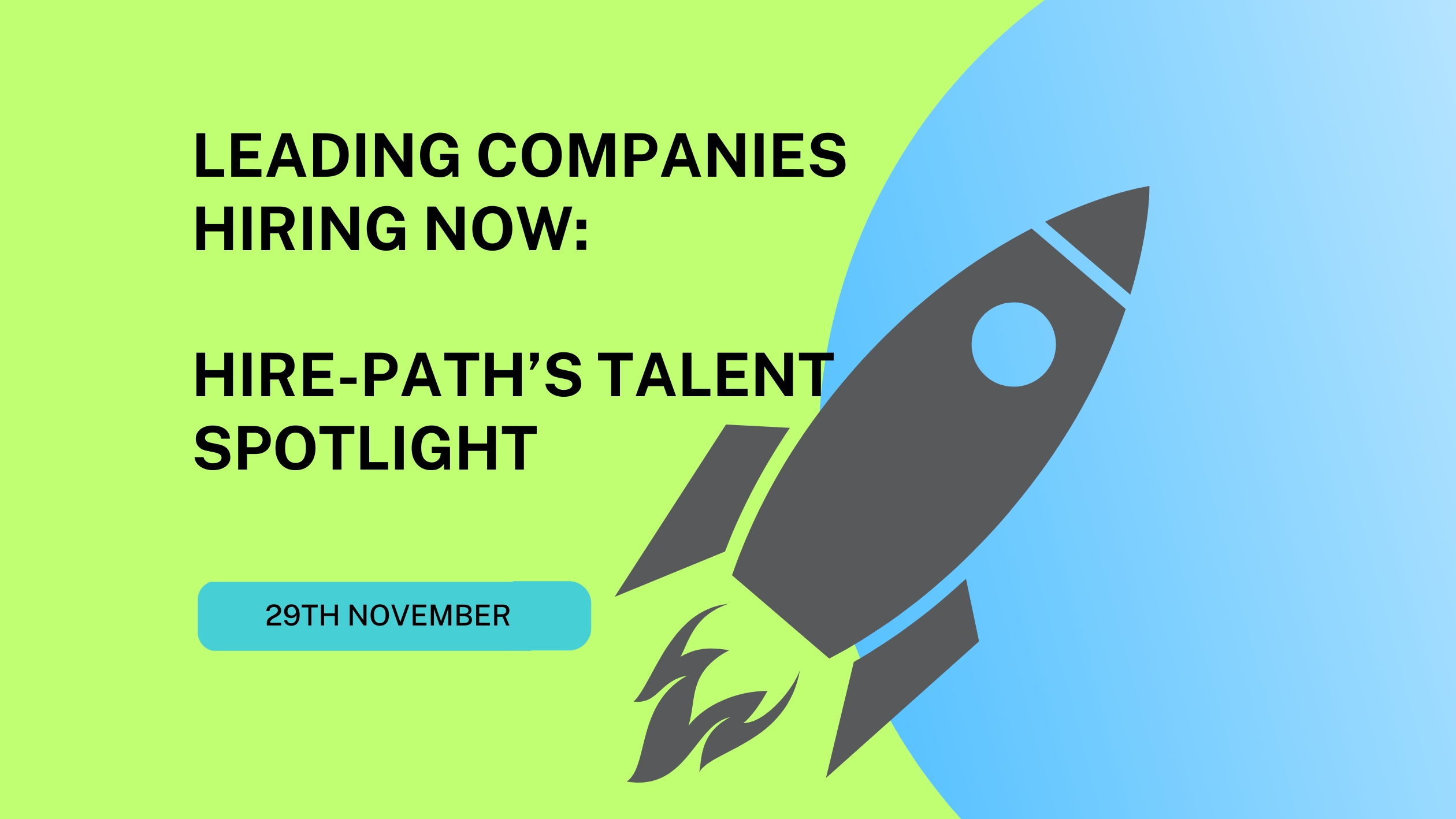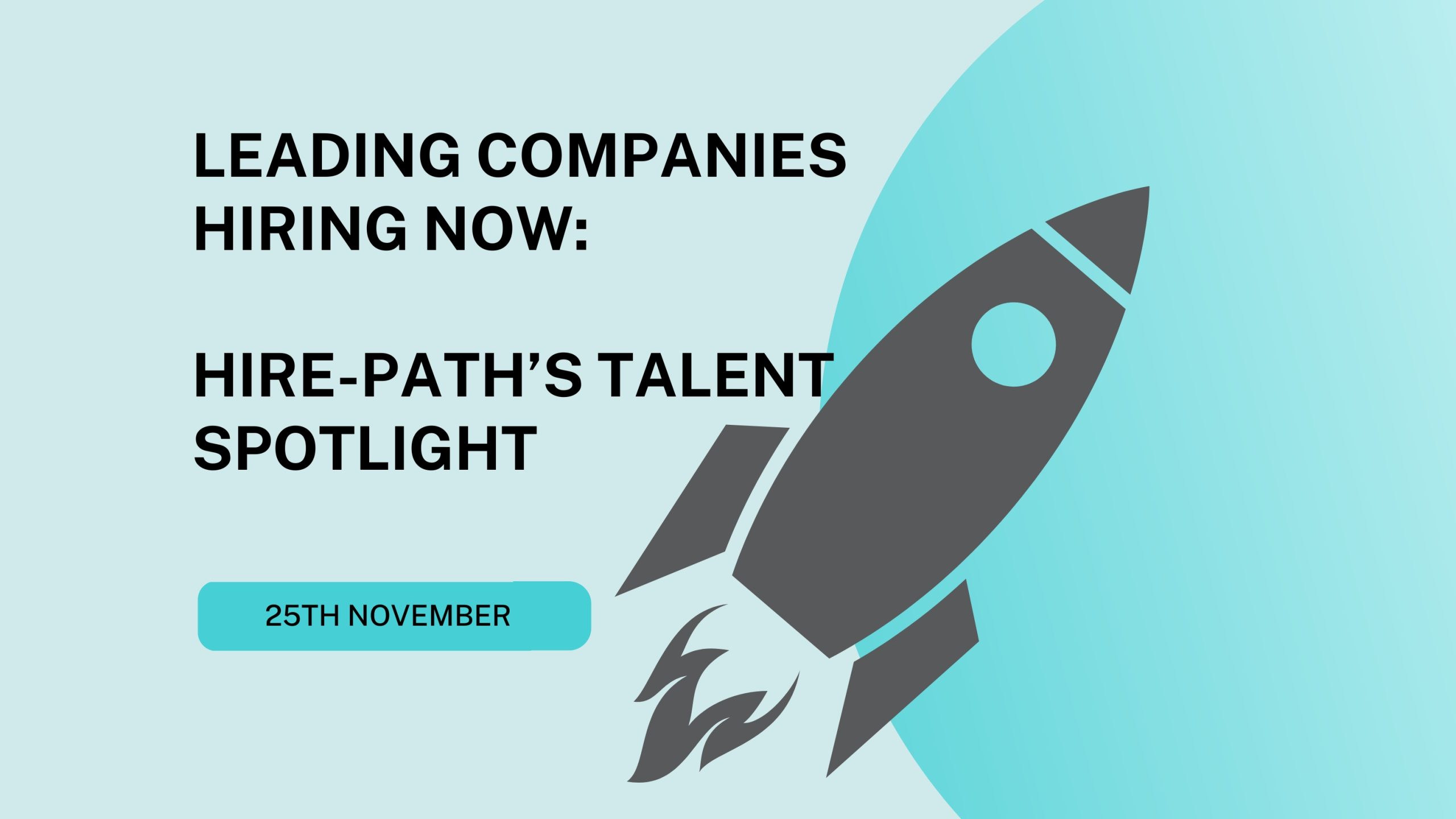In today’s ever-evolving job market, career transitions are more common than ever. Whether you’re looking to shift industries, upskill, or simply find a new job that aligns better with your goals, the road to career change can seem daunting. But with the right resources and strategies, you can navigate these transitions with confidence and set yourself up for success.
1. Assess Your Skills and Interests
The first step in any career transition is self-reflection. Take time to assess your current skill set and identify areas where you may need to grow. Consider questions like:
- What are my strengths and transferable skills?
- What do I enjoy doing, and how can I align that with potential career paths?
- What industries or roles excite me the most?
Identifying your skills and passions can help you pinpoint potential industries or roles that are a good fit for you, even if they’re outside of your current field.
2. Upskilling and Reskilling: Bridging the Gap
If you’re looking to switch industries or advance in your current one, upskilling is essential. There are a wealth of online courses, certifications, and boot camps designed to help job seekers gain the skills needed for new roles. Platforms like Coursera, LinkedIn Learning, and Udemy offer a wide range of programs across various industries, including technology, marketing, and business management.
For those making a major career switch, reskilling may be necessary. This involves acquiring new, industry-specific skills that can help you break into a new field. For instance, if you’re moving from a traditional industry like retail into tech, you might focus on learning coding languages, digital marketing, or data analysis.
3. Leverage Networking and Mentorship
Transitioning to a new career can be overwhelming, but you’re not alone in this journey. Networking is crucial when making a career change. Connecting with professionals in the industry you’re interested in can open doors to job opportunities and offer valuable insights about the role or field you’re aiming for.
Consider joining industry-specific groups on LinkedIn, attending virtual or in-person meetups, and reaching out to professionals for informational interviews. Having a mentor who has successfully navigated a similar transition can also provide guidance and encouragement.
4. Tailor Your Resume and Cover Letter
When making a career transition, your resume and cover letter must reflect your new direction. It’s essential to highlight transferable skills and experiences that can be applied to your new role. While you may not have direct experience in a new field, focus on how your current skills (e.g., communication, leadership, project management) align with the requirements of your target industry.
Don’t forget to include any relevant upskilling efforts, certifications, or freelance work you’ve done to demonstrate your commitment to making the change.
5. Stay Resilient and Adaptable
The job search process, especially during a career transition, can be challenging. It’s important to stay resilient and adaptable. The market is competitive, and you may encounter setbacks. However, each application and interview offers an opportunity to learn and grow.
It may take time to find the right fit, but persistence is key. Keep refining your approach, learning from your experiences, and staying committed to your long-term goals.
6. How HirePath Can Support Your Career Transition
Making a career transition is no easy feat, but with the right tools and platform, it’s much more manageable. HirePath is designed to help job seekers at every stage of their career journey. Whether you’re transitioning into a new industry or seeking a job that better aligns with your current skills, HirePath offers a comprehensive solution to streamline your search.
Here’s how HirePath supports your career transition:
- Access to Over 4 Million Companies: You can explore companies that are hiring, filter by interests and industries, and find new opportunities that align with your career goals.
- Fresh Funding Round Data: HirePath provides up-to-date information on companies that are growing and likely to hire, helping you target high-potential businesses in your desired field.
- Comprehensive Filters: With over 4,000 filters, you can fine-tune your job search to match your career aspirations and target the companies that fit your skills and interests.
- AI Resume Builder: With HirePath’s AI-powered resume builder, you can create a professional resume that highlights your transferable skills, certifications, and experience in a way that resonates with recruiters.
- Targeted Company Insights: Focus on companies that are actively hiring and poised for growth, giving you the edge when applying for jobs.
Conclusion
Navigating a career transition is an exciting opportunity for growth and development, but it requires planning, upskilling, and resilience. By assessing your skills, networking, and adapting your job search strategy, you can find success in your new career path. And with HirePath’s all-in-one platform, you have the resources and tools you need to make your career transition smoother and more efficient.
Ready to take the next step? Start your job search with HirePath today and unlock new opportunities for a brighter future.




